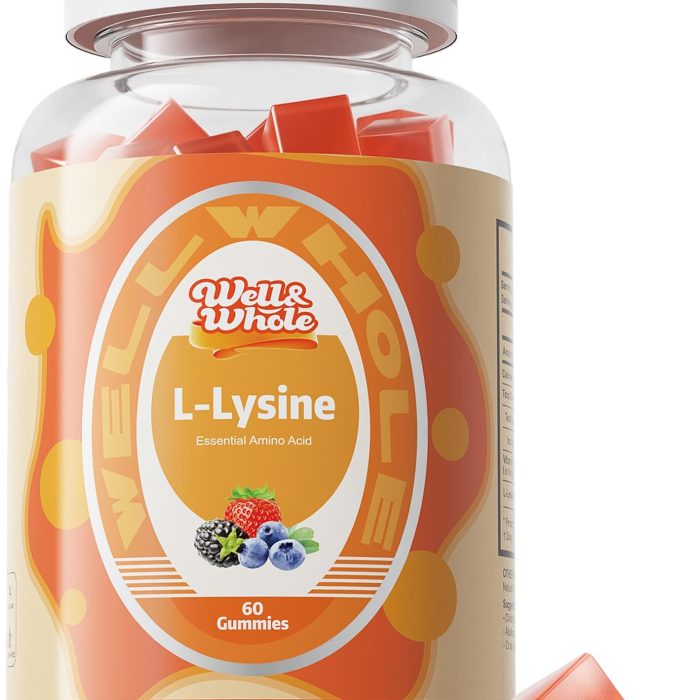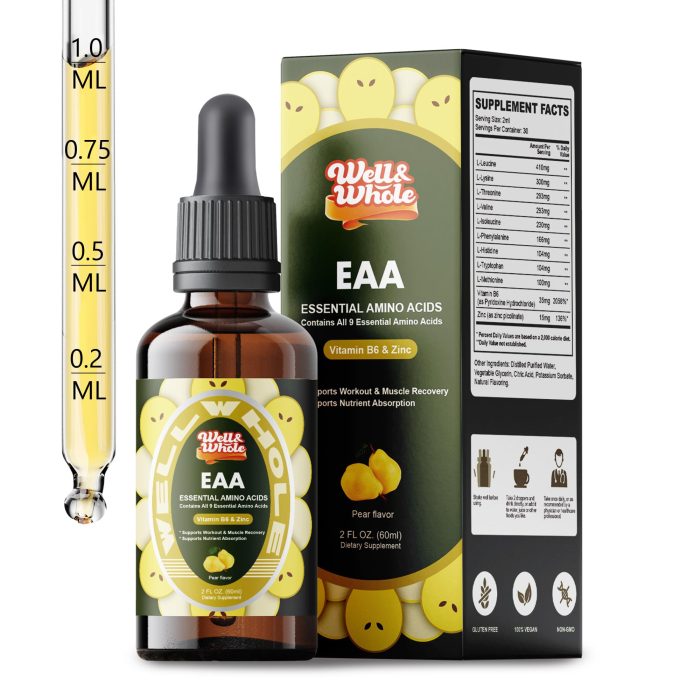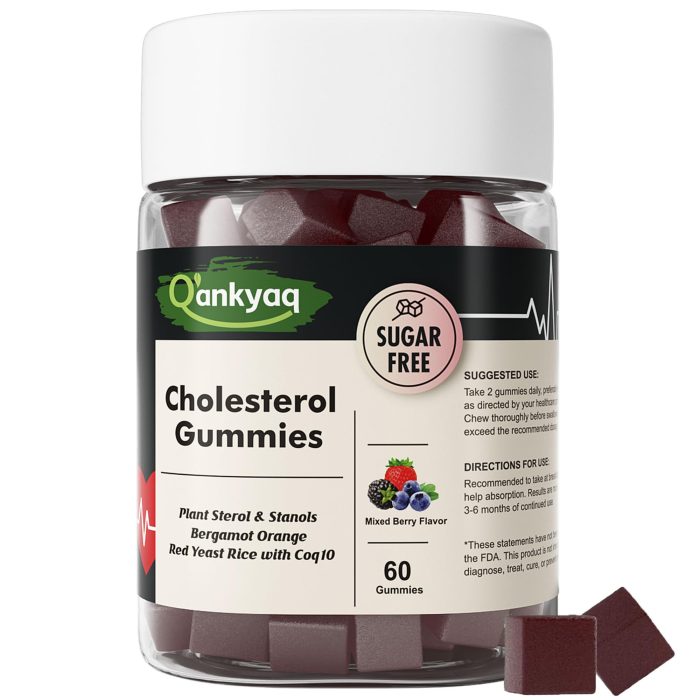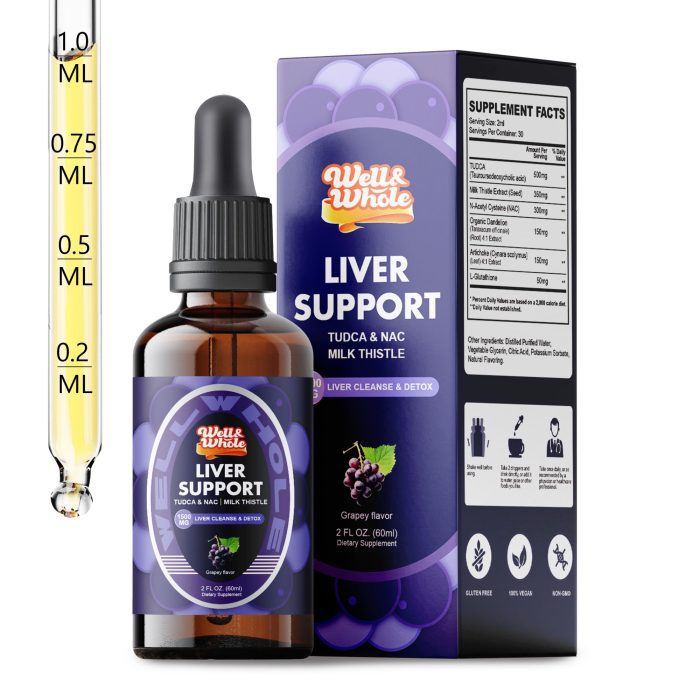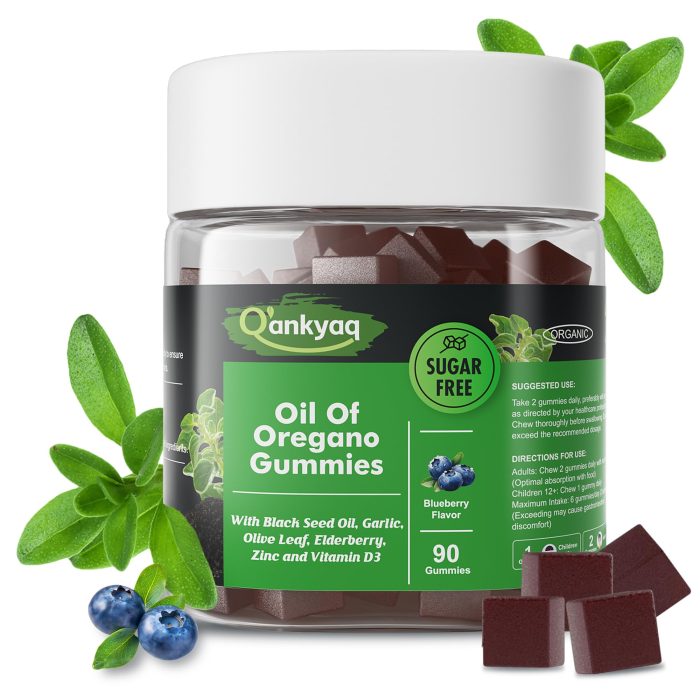How to Achieve Optimal Health on a Vegan Diet: Insights and Strategies
Adopting a vegan lifestyle sparks a common question: Can one truly be healthy while entirely avoiding animal products? The answer is an emphatic yes. With proper planning, science-based nutrition, and mindful supplementation, veganism can support robust health, vibrant energy, and a sustainable future. Below, we’ll dive into key insights and strategies that help vegans stay healthy while reaping the ethical and eco-friendly benefits of the diet.
Understanding Vegan Nutrition: The Core Components
A well-rounded vegan diet thrives on variety, balance, and nutrient density. Key nutrients to emphasize include protein, calcium, iron, vitamin B12, and omega-3 fatty acids—all vital for maintaining energy, cell repair, and overall wellness. Although these nutrients are traditionally associated with animal products, plant-based alternatives are abundant:
- Protein: Lentils, tofu, tempeh, quinoa, chickpeas, and seitan are excellent sources.
- Calcium: Fortified plant milks, kale, bok choy, tahini, and almonds ensure strong bones.
- Iron: Spinach, lentils, pumpkin seeds, and fortified cereals provide ample iron, and pairing them with vitamin C-rich foods boosts absorption.
- Vitamin B12: A critical nutrient for vegans, B12 is best obtained through supplements or fortified foods like nutritional yeast and plant-based milk.
- Omega-3 Fatty Acids: Flaxseeds, chia seeds, walnuts, and algal oil are plant-based options that support brain health and reduce inflammation.
At Well&Whole, our mission is to simplify vegan health with premium supplements crafted to bridge any nutritional gaps. Particularly for nutrients like B12 and omega-3, our scientifically formulated products ensure consistent intake and maximum bioavailability.
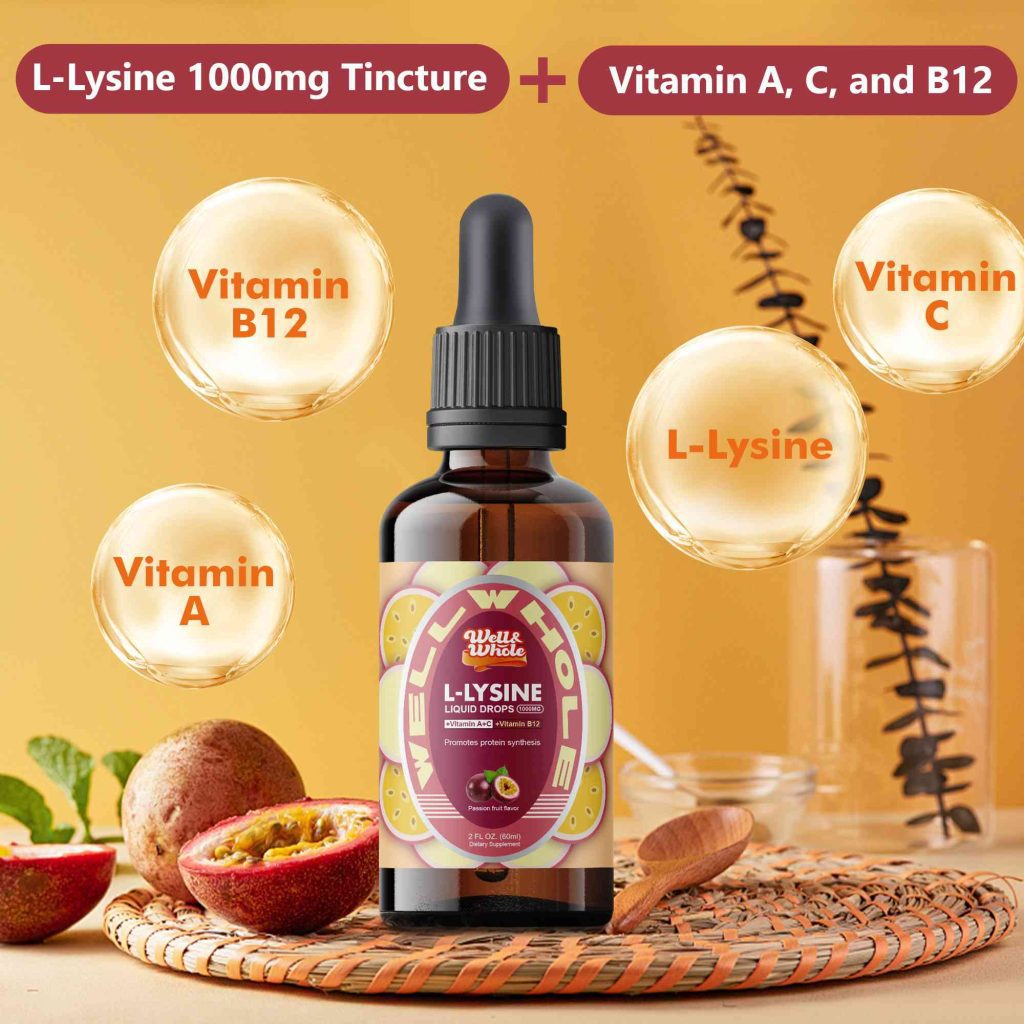
Common Myths About Veganism and Health
Myth: Vegans struggle to meet protein needs.
Reality: Studies show that vegans can easily meet—or exceed—protein requirements when consuming a variety of plant-based protein sources. For adults, 10%–35% of daily caloric intake should come from protein, and foods like legumes, quinoa, and tofu make this attainable.
Myth: Vegan diets lack energy.
Reality: Whole grains, healthy fats, and plant-powered proteins deliver sustained energy, especially when combined thoughtfully. Avoid relying heavily on refined carbs or overly processed vegan snacks.
Myth: Veganism is nutritionally inadequate.
Reality: According to the Academy of Nutrition and Dietetics, well-planned vegan diets are both nutritionally adequate and beneficial in preventing lifestyle-related diseases such as heart disease, Type 2 diabetes, and certain cancers.
Vegan Health Benefits: Backed by Science
Research consistently highlights the significant health advantages of plant-based eating. For example:
- Heart Health: A meta-analysis published in JAMA Internal Medicine revealed that vegetarians and vegans have lower rates of hypertension and cholesterol compared to omnivores.
- Weight Management: Many individuals find it easier to maintain a healthy weight on a vegan diet due to the fiber-rich and naturally lower-calorie nature of plant foods.
- Reduced Risk of Chronic Diseases: The World Health Organization emphasizes that higher consumption of fruits, vegetables, legumes, and nuts can decrease the risk of cardiovascular diseases and cancers.
Well-crafted vegan diets encourage individuals to focus on whole foods, which often deliver superior micronutrient profiles compared to highly processed diets. Well&Whole aligns with this ethos, offering supplements that enhance wellness while complementing a wholesome lifestyle.
Overcoming Challenges with Effective Strategies
1. Monitor Key Nutrients Regularly
Stay proactive by scheduling routine blood tests to assess levels of zinc, vitamin D, B12, and iron. Low levels can easily be rectified with proper interventions, such as Well&Whole’s fortified vegan supplements.
2. Diversify Your Plate
Prioritize variety across leafy greens, legumes, fruits, and whole grains. According to registered dietitians, combining diverse plant-based foods ensures complementary amino acids and provides a more complete protein profile.
3. Stay Educated
Knowledge is power. Resources such as credible vegan nutrition blogs, documentaries, and health guides can keep your meal plans exciting and nutritionally rich. Well&Whole’s blog, for example, regularly features science-driven insights for optimizing vegan lifestyles.
Veganism: A Healthy and Ethical Choice for All
The intersection of health, sustainability, and compassion makes veganism increasingly appealing. By addressing common concerns about nutrient gaps and providing actionable solutions, individuals can feel confident about thriving on a plant-based diet.
At Well&Whole, we believe that everyone deserves accessible tools to support their health journey. Whether through education or premium supplements, we’re committed to empowering vegans to lead fulfilling and energetic lives—proving that being healthy and vegan is not only possible but endlessly rewarding.
Switching to veganism is an evolution. With thoughtful planning and the right resources, the benefits are profound: sustainable energy, disease prevention, and alignment with the planet’s needs. Be bold, be intentional, and let Well&Whole guide you as you discover the extraordinary health potential of a vegan lifestyle.


